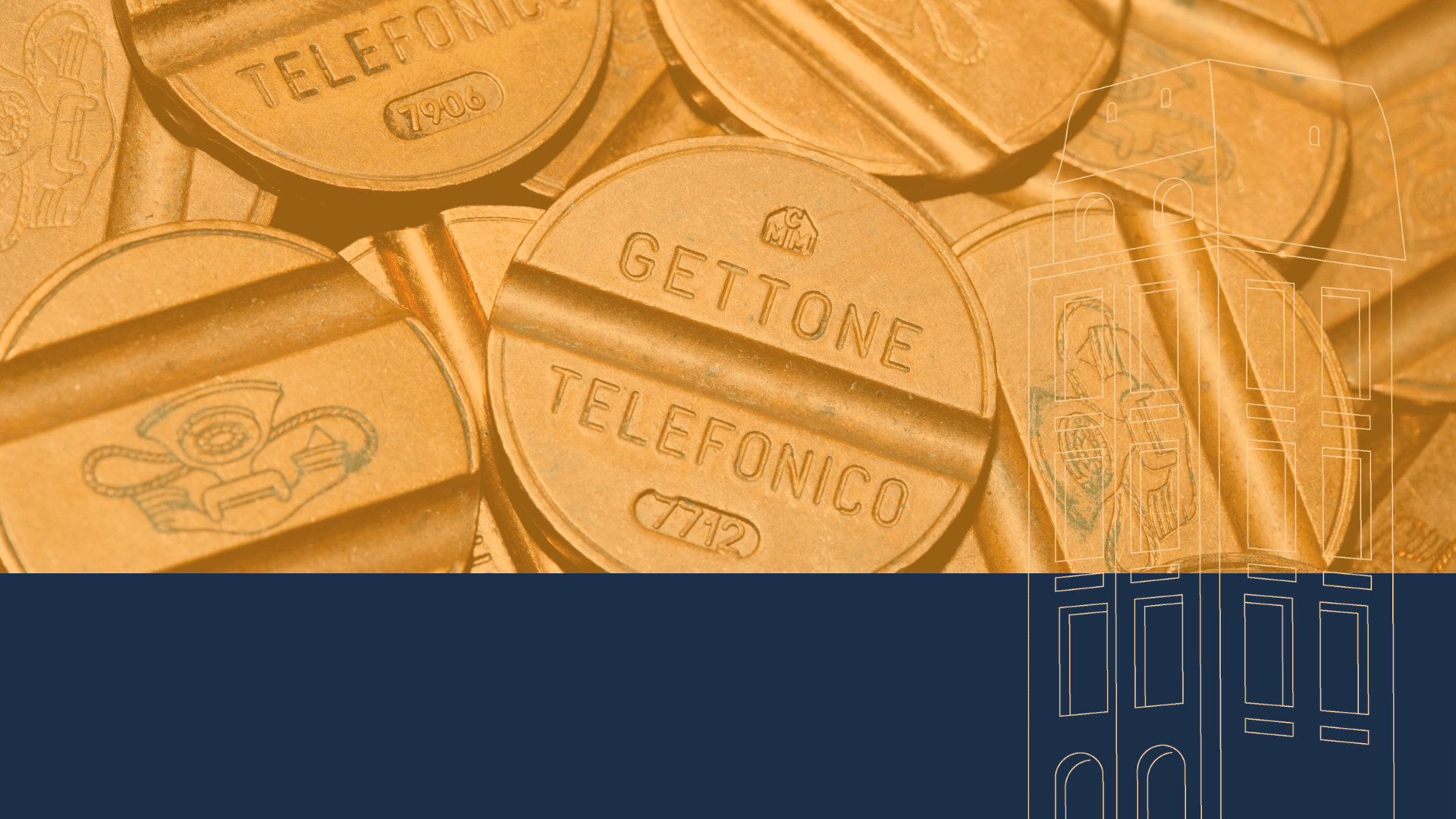The tokenization of real estate: redefining ownership in the age of blockchain
Uncategorized Published on December 11, 2023
Property tokenization is a relatively recent practice that came about through the development of blockchain technology in the late 2010s. It involves representing the ownership of a property in the form of digital tokens. These tokens are then registered on a blockchain: each property transaction is recorded in a block of the chain, creating an immutable and transparent history of properties. Tokens can be bought, sold or traded on specialist platforms, offering a new approach to property investment.
Lower costs, higher liquidity and easier access to investment
The first cases of property tokenization were recorded in the United States, Europe and Asia, where pilot projects were launched. In 2019, a villa in Paris worth €6.5 million was tokenized and put on the Ethereum blockchain. The assets were then divided into 1 million coins worth €6.5 each*. Since then, interest in property tokenization has continued to grow. According to a recent assessment by Citi Bank, the value of securities in circulation in the form of tokens could be as high as 4 trillion dollars by 2030**. There are many advantages over traditional financing and investment methods.
To begin with, the low transaction costs involved in buying and selling tokens considerably improve the accessibility of property investments. By enabling a larger number of investors to participate in property projects, it democratises the purchase of properties that were previously reserved for institutional or very wealthy players. Secondly, tokens offer investors greater flexibility by allowing them to diversify their portfolio, with no geographical bounds. Tokenisation also ensures greater cash flow and transparency, as tokens can be traded continuously on dedicated platforms.
Regulatory, security and confidentiality challenges
Property tokenization also has certain limitations. Although it is subject to specific financial regulations (financial securities or ICOs since the PACTE law), there are regulatory challenges to be considered that make tokenization legally complex, as laws and regulations pertaining to property ownership vary from country to country. In addition, in the event of a dispute, the decentralised nature of the blockchain can lead to ambiguities over liability and means of appeal.
Lastly, property tokenization raises concerns about data security and confidentiality. Although the blockchain offers ever-greater security thanks to cryptography, tokenization platforms must be able to guarantee robust security measures to protect users’ sensitive information.
While property tokenization is opening up new investment opportunities in the property market, it needs to be better regulated to ensure that it develops responsibly. Regulators and industry players are invited to work together to define the appropriate regulatory framework that will foster innovation while protecting stakeholders.
* https://artimon.fr/perspectives/la-tokenisation-de-limmobilier-on-en-parle/
** https://coins.fr/4000-milliards-dollars-titres-tokenises-2030-citi/
Sources:
https://lessecretsdelimmo.fr/investissement-immobilier/tokenisation-immobilier/
https://www.cointribune.com/tokenisation-immobiliere-quand-la-blockchain-revolutionne-limmobilier/


